| I enjoy fiction that gives me an insight into lives different to my own, while illuminating a universal aspect of the human condition. In my writing, I hope to do something similar for my readers. I knew I could do the former in my current WIP – although wasn’t sure it would interest others until an extremely useful one-to-one with an experienced industry professional – but doubted my character’s situation was relatable. |
Welcome
I started this blog in 2013 to share my reflections on reading, writing and psychology, along with my journey to become a published novelist. I soon graduated to about twenty book reviews a month and a weekly 99-word story. Ten years later, I've transferred my writing / publication updates to my new website but will continue here with occasional reviews and flash fiction pieces, and maybe the odd personal post.
|
2 Comments
I’m sharing my thoughts on two historical novels I’ve read recently, both featuring young women struggling to survive against the odds. The first is set in England in the 1660s, the second in Italy a century earlier.
I’m busy working towards the publication of my next novel, Lyrics for the Loved Ones, the sequel to Matilda Windsor Is Coming Home, in May 2023. It’s set mostly in a care home leading up to, and in the early weeks of, the pandemic. So I’m happy to showcase a couple of other novels on the theme, with the bonus that they feature places I’ve been. The first is set during the second UK lockdown in November 2020; the second in North and South America when the world closed down in March that year.
Here are two recent reads about a woman’s experience of serious illness and associated treatments and surgeries. The first is a translated novella and the second a chunky mélange of memoir, popular psychology and self-help. But, genre aside, what distinguishes them is their tone: the first, distant and matter-of-fact; the second, unashamedly emotional. See which you prefer.
I’ve linked these two very different novels via the theme of compromised freedom, partly because that’s how I feel myself right now. In the first, an elderly widow frees herself from pity by casting a stranger as her grandson but fears being found out. In the second, women are magically freed from misogyny at a cost of losing the men and boys they love.
I was going to call this post hopes dashed, but that would be too sensational for these two lovely novels about women getting on with it after disappointment, not because they’re heroic survivors but because they’re ordinary flawed human beings. In the first, an untenured academic carries on as normal despite a drawn-out miscarriage; in the second, an aspiring artist continues painting despite a lack of talent and community support. Both stories unfold in elegant understated prose with touches of humour.
Allow me to introduce you to two translated novels, set on different continents a century apart, in the aftermath of wars that, for some, will never end. The first is set in contemporary Angola, a country rich in minerals but economically poor, hampered by twenty-five years of civil war; the second takes place in France, at the end of the First World War, a war which will continue to impact on the members of one small family for the rest of their lives.
I’m struck by the similarities between these two novels, despite being of different genres and set six centuries apart. Both are about men who take pride in their knowledge and intellect yet are blind to the biases that limit their understanding, particularly in relation to women and to physical health. The first is about a nuclear physicist dosing himself with radiation, the second about a young monk’s encounter with the Black Death.
Let me tell you about these four novels featuring older women looking back at their lives, and forward, some with dread, to what’s left of it. The first is a translated novel set in Belarus. The second and fourth are set in care homes around the middle of the twentieth century. The third is a contemporary novel set in a London hospital with flashbacks to a glittery Alexandria. All illustrate the vulnerability of old age, but also the strength and spirit of the central characters.
Three short reviews of novels on the theme of love and loss: the first, set in Canada, about a woman whose husband disappears and turns up a year later with a new identity; the second, set in France, is about a man who yearns to be reunited with the lover from his youth before he loses himself to dementia; the third, a translated novel set in Spain, is about the tender relationship that develops between two brutalised people.
These two historical novels, set near the dawn of the twentieth century, illustrate how appallingly women’s freedoms, even – or especially – over custody of their own bodies, have been controlled by men. Both stories take place in or around institutions: the first an Irish hospital battling the pandemic; the second a university battling the ordinary citizens of an English town.
Let’s consider two novels published this month which direct the reader’s gaze towards the characters’ inner lives, mentally and physically. The first, set in Australia during the recent rampaging bushfires, focuses on the characters’ wandering minds as they watch a play. The second, set in the Americas, looks in on the body and outwards to the stars.
Salina roams aimlessly through the desert, sequentially accompanied by each of her three sons. Harold is physically and mentally unprepared for his epic journey, although he does have a specific destination in sight. Salina’s story unfolds in a newly-published novella, translated from the French; Harold’s in a deceptively light bestseller, published in 2012.
Here we have two highly successful mid-twentieth century novels with hospital settings. The first is a comedy of manners only partly set on a medical ward for older women in a London hospital; the second is an exuberant but ultimately devastating portrayal of an Oregon State medical hospital. What’s it like to read/reread them during pandemic six decades after they first hit the shelves?
Both these recent reads have complex family dynamics at the centre, while addressing wider political issues in very different ways. In the first, we follow a middle-class Asian family forced to migrate from Uganda to Britain on the whim of a tin-pot dictator; in the second, three siblings re-enact their childhood rivalries around their mother’s deathbed as bushfires envelop their country and the world colludes in its own extinction.
|
entertaining fiction about identity, mental health and social justice
Annecdotal is where real life brushes up against the fictional.
Annecdotist is the blogging persona of Anne Goodwin:
reader, writer, slug-slayer, tramper of moors, recovering psychologist, struggling soprano, author of three fiction books. LATEST POSTS HERE
I don't post to a schedule, but average around ten reviews a month (see here for an alphabetical list), some linked to a weekly flash fiction, plus posts on my WIPs and published books. Your comments are welcome any time any where. Get new posts direct to your inbox ...
or click here …
Popular posts
Categories/Tags
All
Archives
March 2024
BLOGGING COMMUNITIES
|
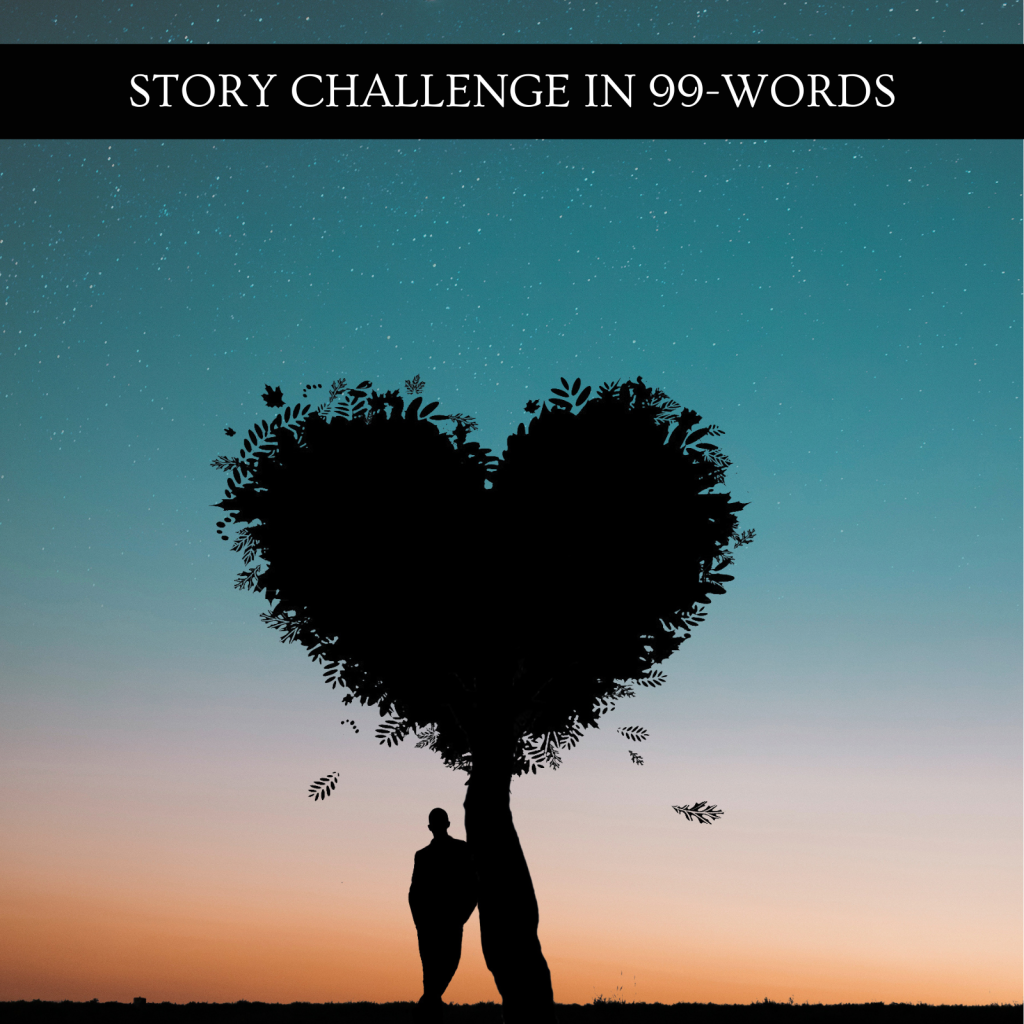
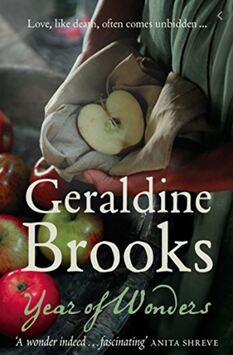
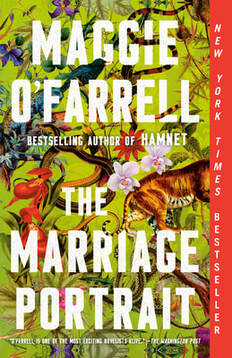
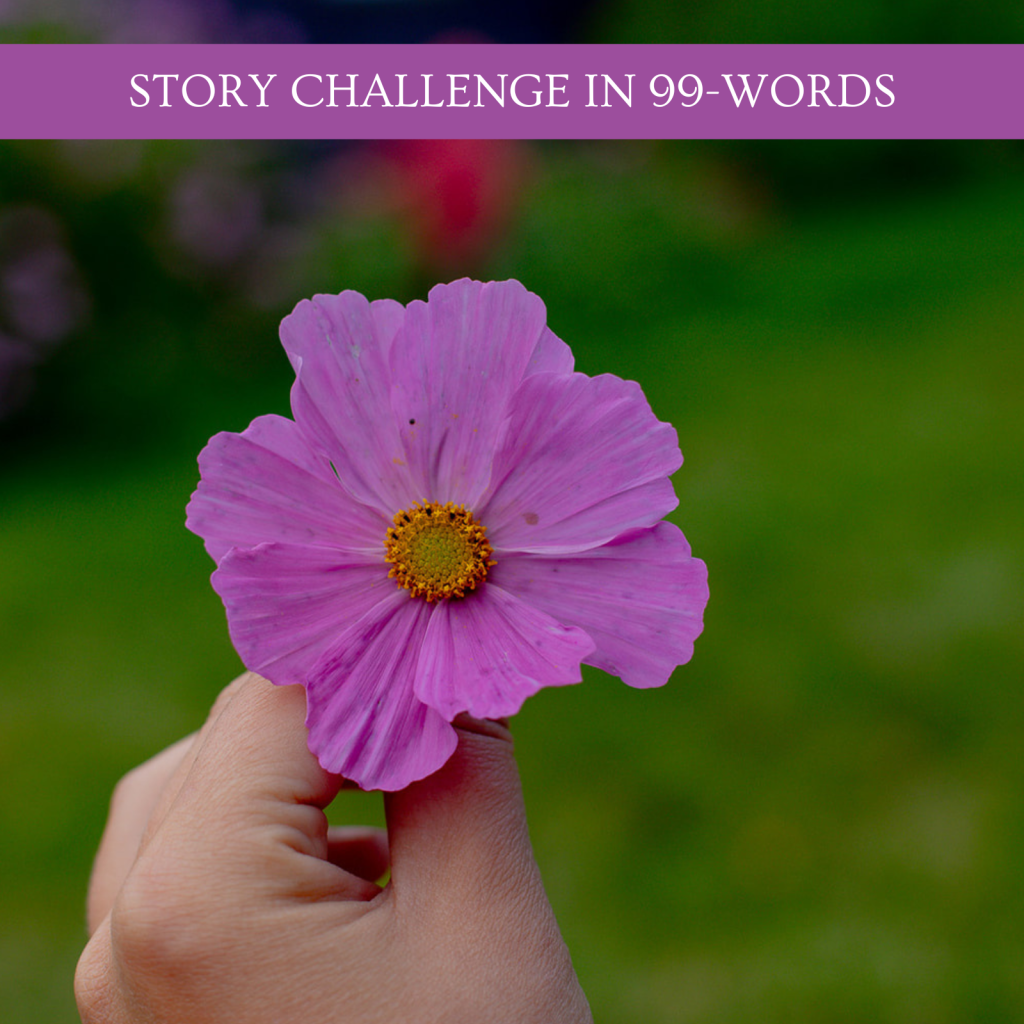
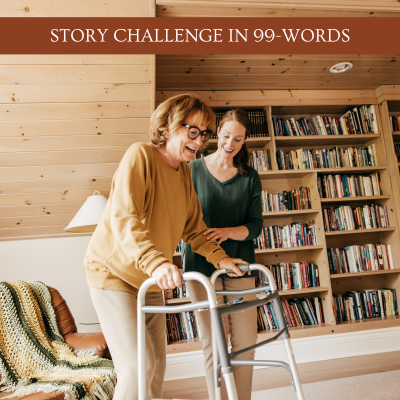

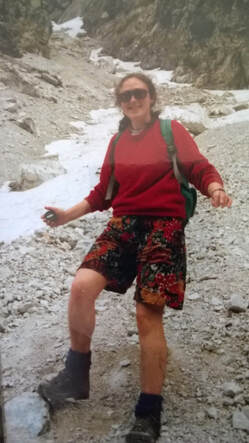

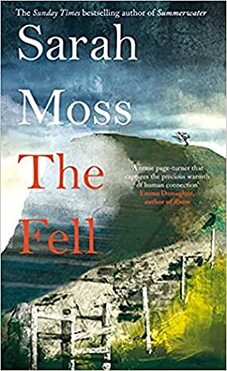
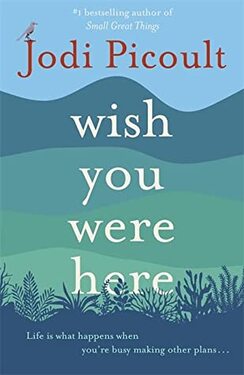
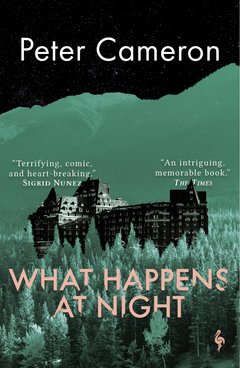

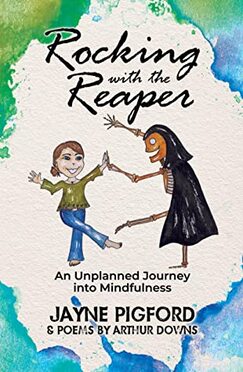
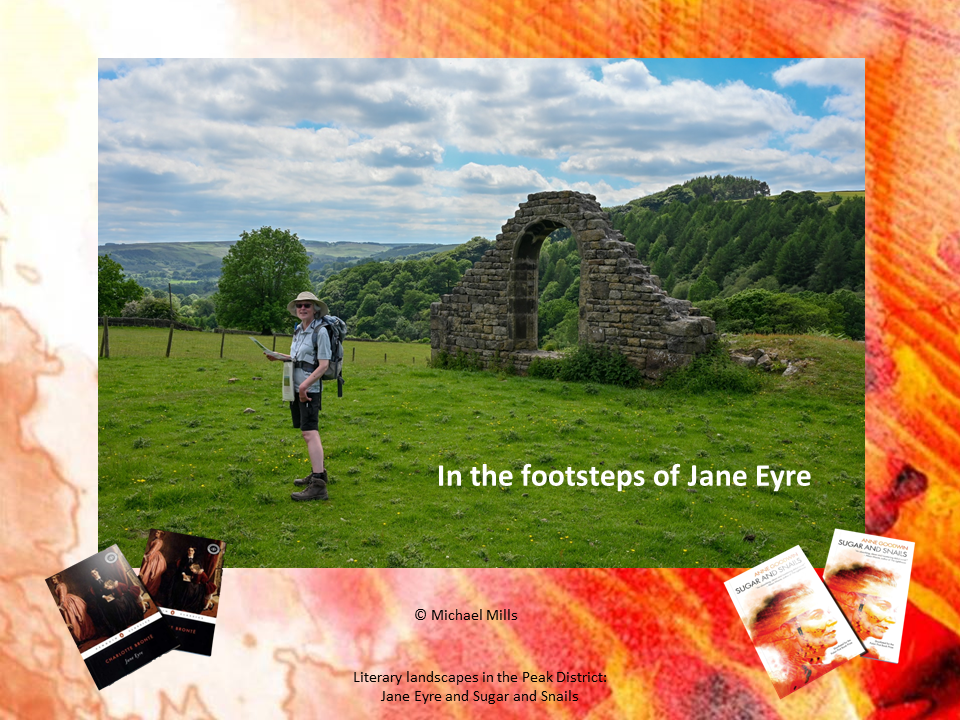
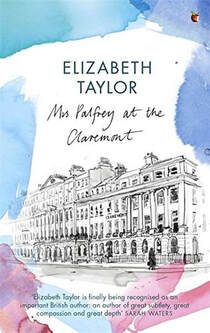
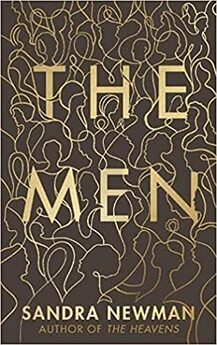



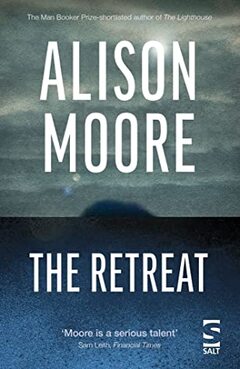
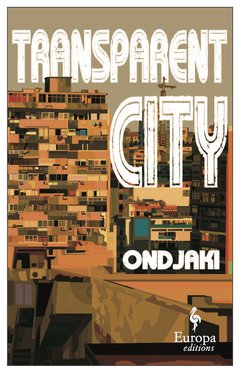


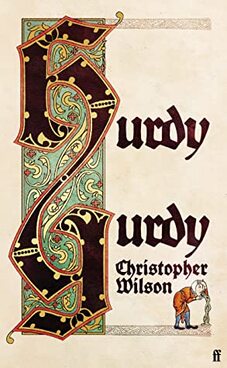
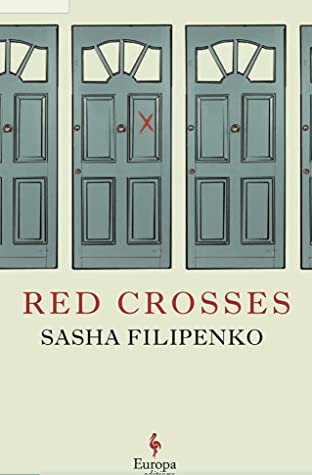
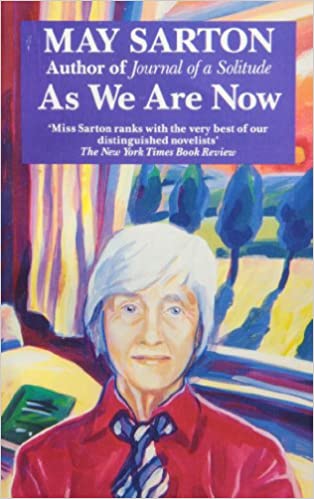

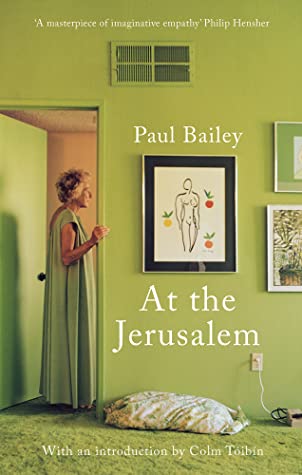
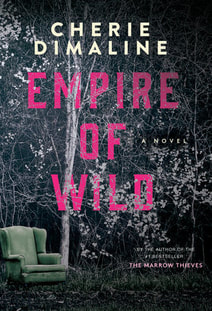
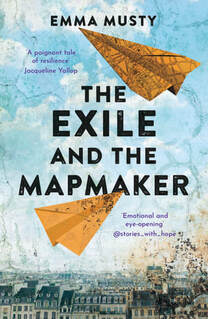
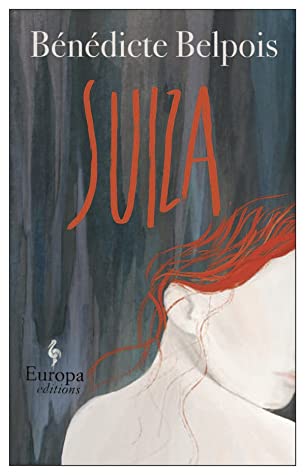
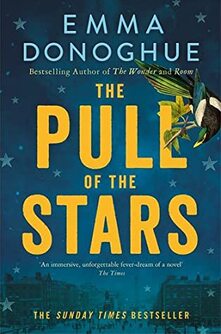
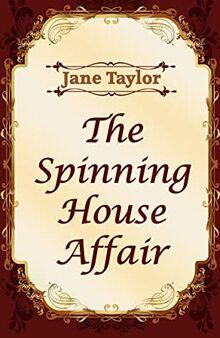
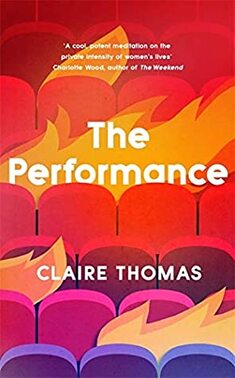
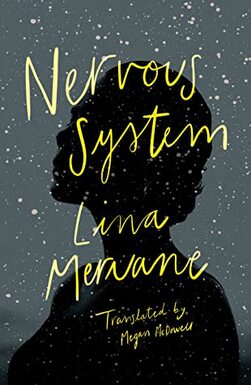
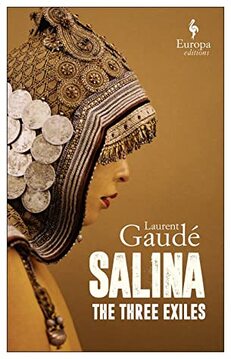
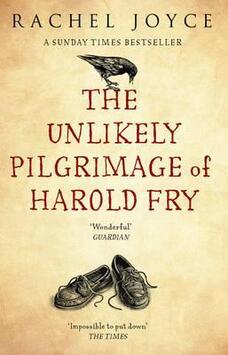
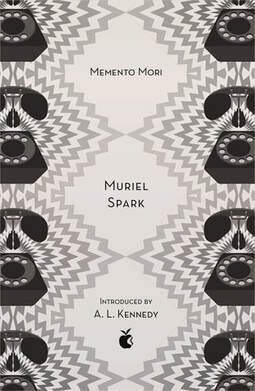
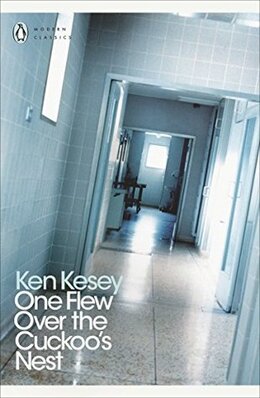
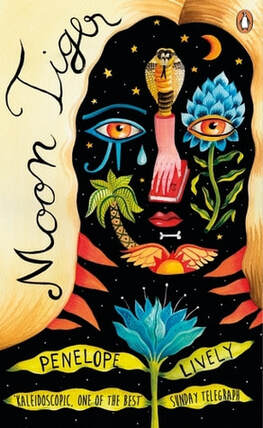
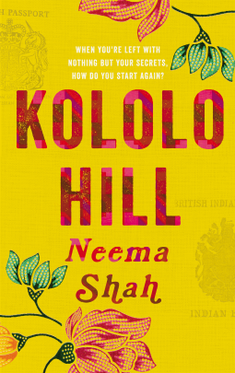
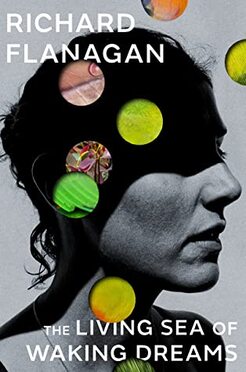





















 RSS Feed
RSS Feed





















